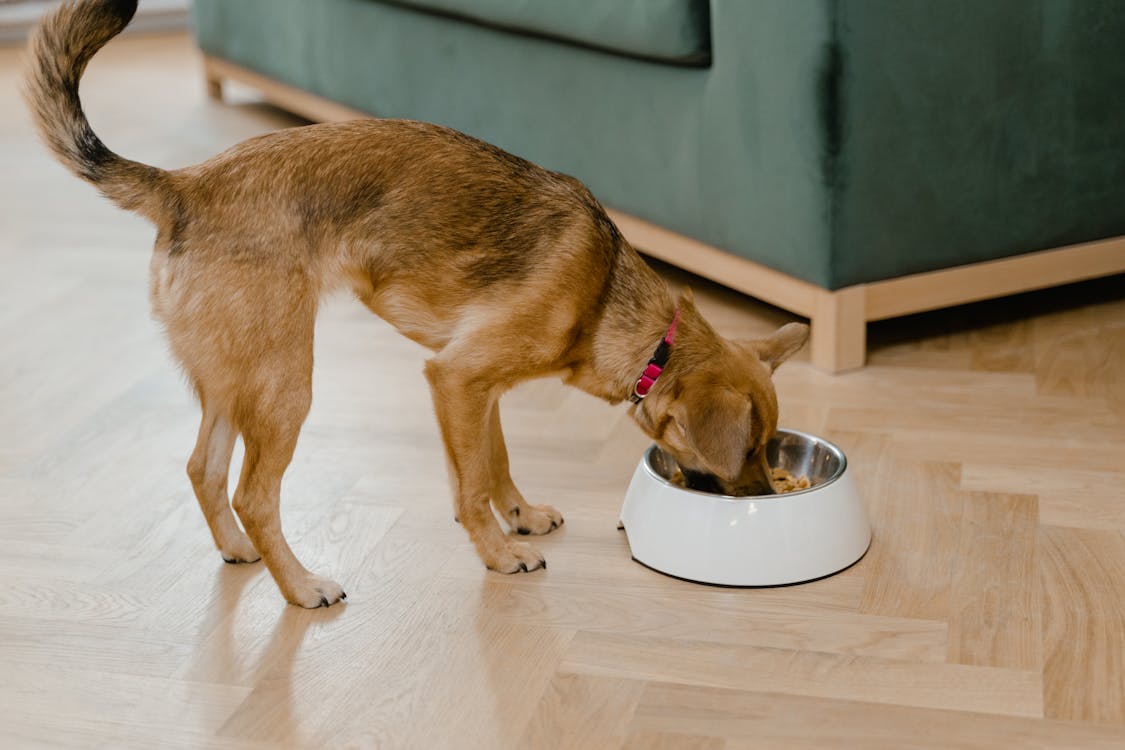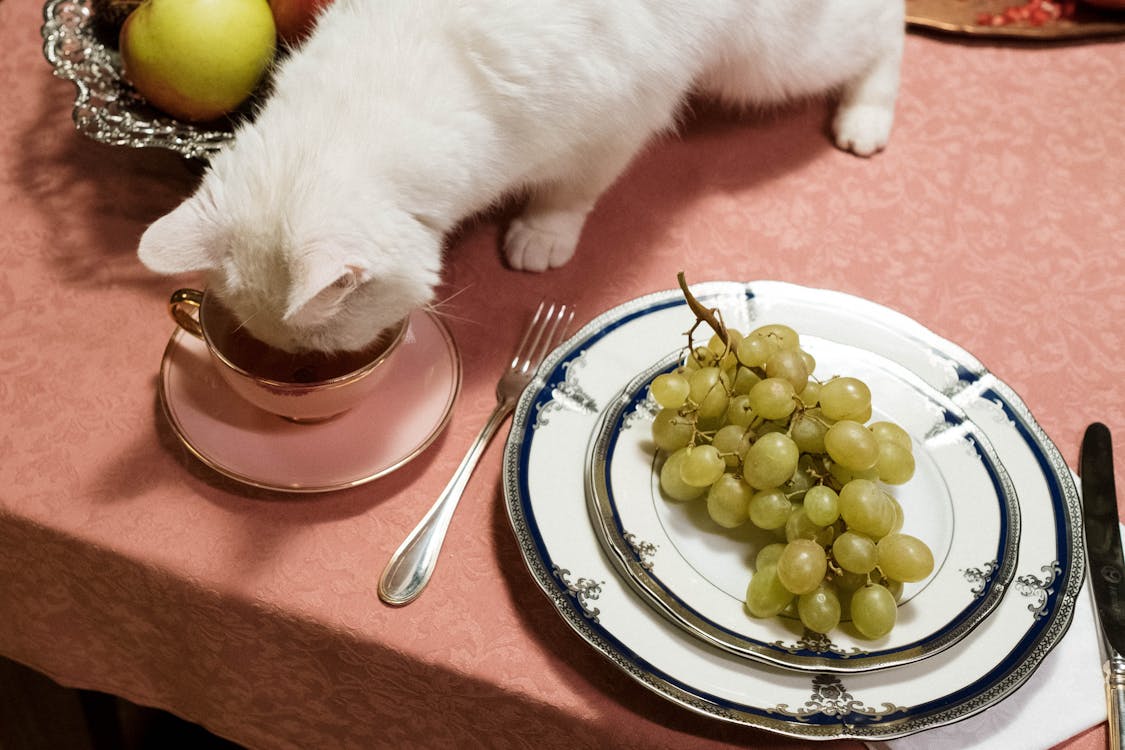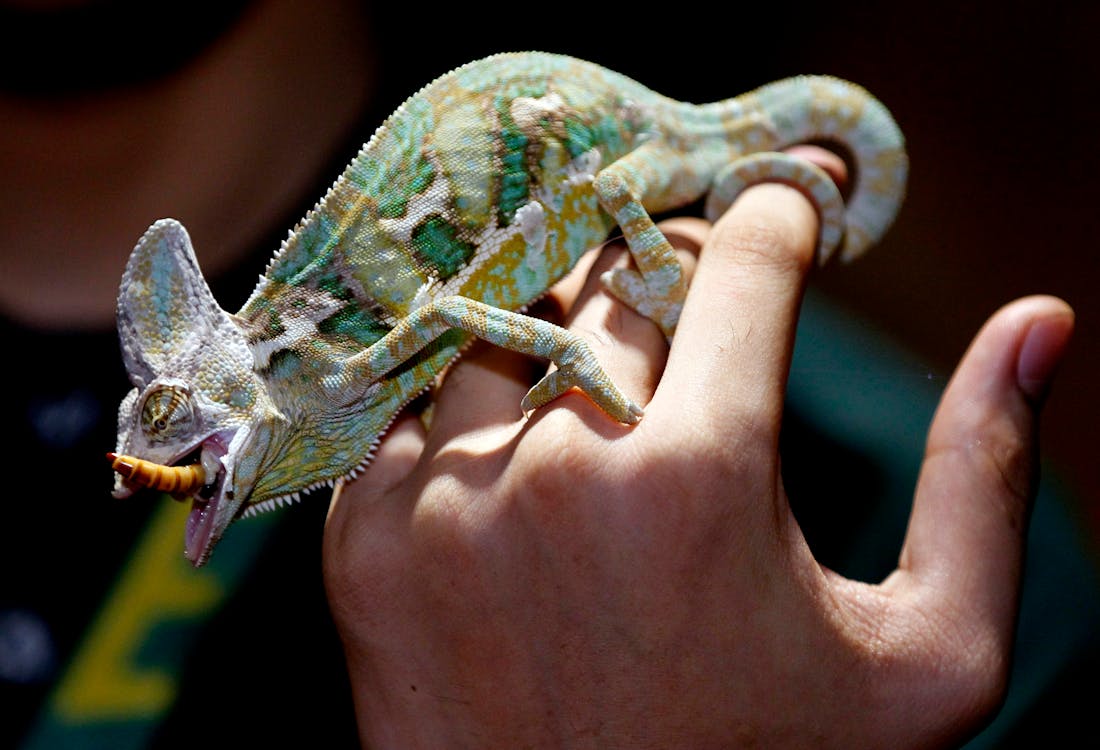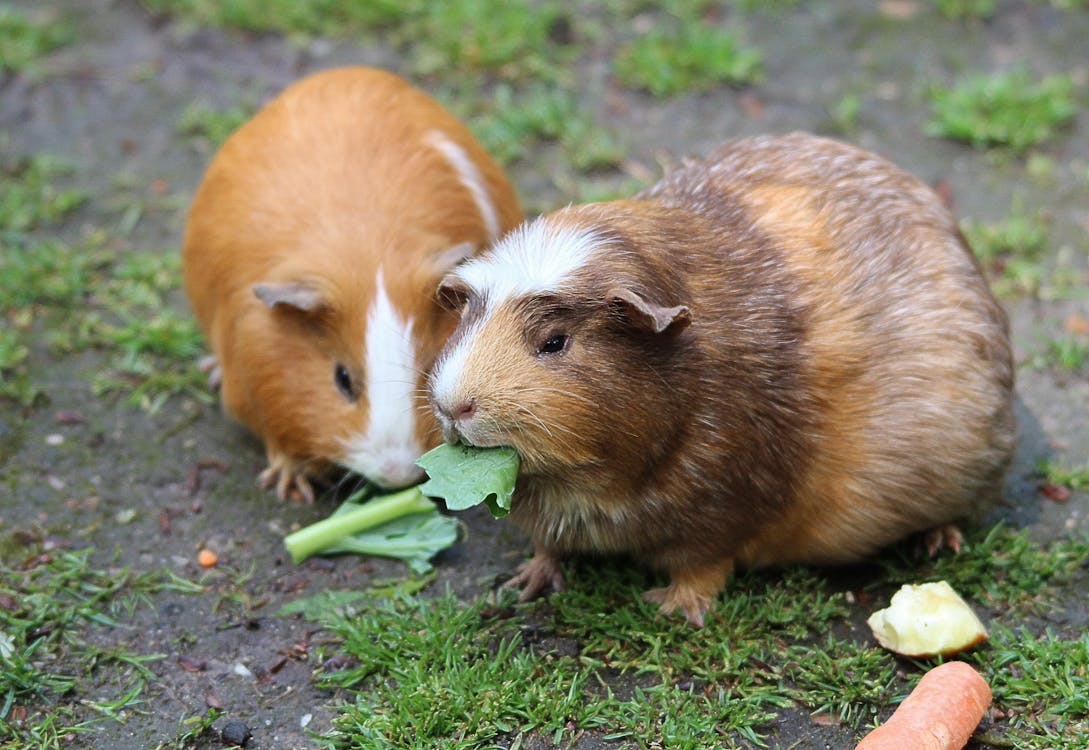You’ve heard all of the health myths about humans, but have you heard any about your pets? If you have a pet, it’s important to know the facts about what he or she should and shouldn’t eat and why; after all, this can make the difference between your pet living longer and healthier or shorter and less healthy! In this article, we’re going to review the top 10 nutrition myths that pets need to stop believing in order to live long, healthy lives.
1) All Dogs are Alike

Dogs are not all alike, and they don’t all have the same nutritional needs. Some need more protein than others, while some need more fat or carbohydrates. If you feed your dog a food that is too high in calories, he may be getting the right amount of nutrients but still gain weight because he’s eating more than he needs.
2) Only Certain Dog Breeds Can Eat Raw Foods
The most common myth I come across is that only certain breeds of dogs can eat raw foods. While it’s true that some dog breeds can’t, such as the Pug and the Boston Terrier, there are many other dog breeds that can. If you have one of the following breeds, then you should give raw a try: Golden Retrievers, Labradors, German Shepherds, Boxers and Poodles.
3) Even If You Have Diet Dog Food, This Is Overkill

Dogs that eat a high-quality, grain-free diet don’t need any supplements or vitamins. If you insist on adding something to your dog’s food, there are a few ingredients (such as salmon oil and vitamin E) that are beneficial but not necessary.
4) I Don’t Have Time for this
I don’t have time for this. I work 40 hours a week and have a family. But guess what? You do have time for this. This is your pet we are talking about! They need your love and attention more than you realize. If you can only dedicate 15 minutes a day to pet nutrition, that’s better than nothing.
5) Grain-Free is Not For Everyone

Grain-free diets have been gaining popularity over the years and some pet owners are eager to switch their pets to a diet without grains. But before you make this switch, there are a few things that you should know:
- Grain-free foods do not offer improved digestibility over other food types and
- A grain-free diet may not be appropriate for all dogs, especially those with certain medical conditions.
6) Fish Isn’t as Good as Meat
Fish has long been touted as one of the healthiest foods you can feed your pet, but this is an old wives’ tale. In fact, meat offers more protein per ounce than fish and is higher in amino acids, which are vital for animals. Additionally, fish contains more mercury and other heavy metals than any other type of food. Fish also has a high level of arachidonic acid that isn’t found in many other types of animal protein.
7) Blue Buffalo is a Good Brand

Blue Buffalo is a good brand because it offers healthy, natural ingredients and doesn’t use fillers or artificial ingredients. I would recommend it to anyone who wants the best for their pet. But how do you know if you’re feeding your pets the right amount of food? The answer may not be as straightforward as you think. For example, some foods are formulated to help your pet maintain a healthy weight, while others are designed to help your pet lose weight by reducing calories and fat in the diet. You need to know what type of food your pet needs before making a decision on which product will work best.
8) Pet Treats Won’t Hurt Them at All
Anyone who’s ever had a dog knows they will pretty much eat anything that’s in front of them. This means, you have to be extra vigilant about what you feed your pet. You might think that giving them treats is harmless, but the truth is it can lead to weight gain and obesity, which can lead to some pretty serious health problems like diabetes and high cholesterol.
9) Health Problems Are Caused by Diet

Some pet owners may believe that if they change their diet, their animal will be healthier. Unfortunately, this belief is not entirely true. Even with a healthy diet, some animals still face health problems.
The reason for this is because different dogs have different nutritional needs based on breed and body size. For example, a large breed dog will require more protein than a small breed pup in order to maintain muscle mass and weight.
10) Fat Is Always Bad (And Protein Is Always Good…)
The number one nutrition myth is that fat is always bad and protein is always good. In reality, a healthy balance of both nutrients, such as from a high-quality pet food, are needed for your dog or cat’s best health. Protein provides amino acids that help build muscle and repair tissue and also helps maintain healthy skin and coat. Meanwhile, fats like omega-3 fatty acids provide important nutrients for healthy brain function, heart health, and strong immunity.

